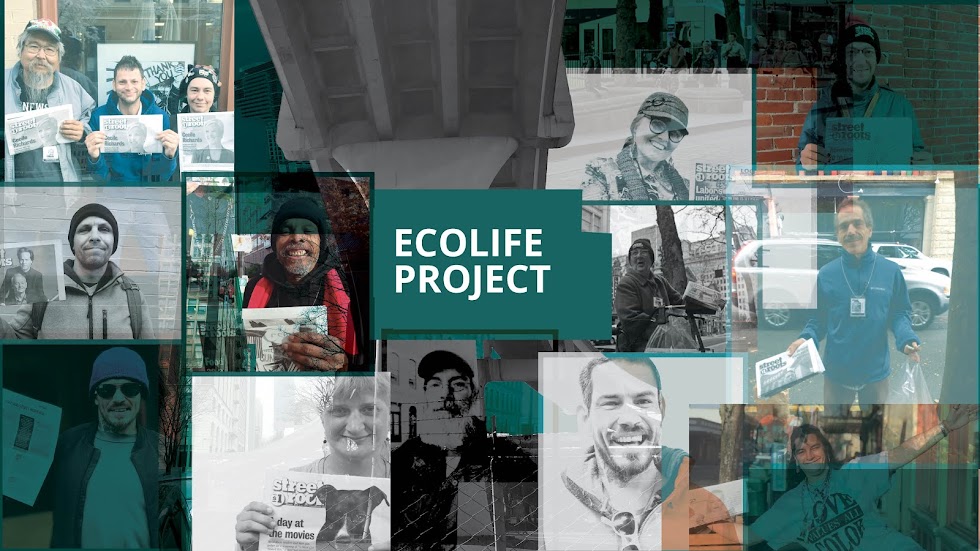PBS is going to rebroadcast a special on food inequalities and health related illnesses. This show broadcasts on friday nights at 10PM. They will be broadcasting this particular episode on October 9, 16, 23, 30, 2009, check your local listings. Check out the website @ http://www.pbs.org/unnaturalcauses/index.htm.
"This is a story about health, but it’s not about doctors or drugs. It’s about why some of us get sicker more often and die sooner and what causes us to fall ill in the first place."
UNNATURAL CAUSES criss-crosses the country investigating the stories and findings that are shaking up conventional notions about what makes us healthy or sick. It turns out there’s much more to our well-being than genes, behaviors and medical care. The social, economic, and physical environments in which we are born, live and work profoundly affect our longevity and health – as much as smoking, diet and exercise.
The series sheds light on mounting evidence of how lack of access to power and resources can get under the skin and disrupt human biology as surely as germs and viruses. It also reveals a health gradient tied to wealth: those at the top of the class pyramid average longer, healthier lives, while those at the bottom are the most disempowered, get sicker more often and die sooner. Most of us fall somewhere in between.
What's more, at every level, many communities of color are worse off than their white counterparts. Researchers believe that chronic stress over the life course may create an additional health burden for people of color.
Compelling personal stories illustrate obstacles and inequities in society but they also point the way to new possibilities, as individuals and communities organize to gain control over their destinies and their health.
As Harvard epidemiologist David Williams points out in the film, investing in our schools, improving housing, integrating neighborhoods, better jobs and wages, giving people more control over their work – these are as much health strategies as disease prevention and education efforts."
- Sir Michael Marmot, Chair, Commission on the Social Determinants of Health. All information provided by PBS.ORG.

No comments:
Post a Comment